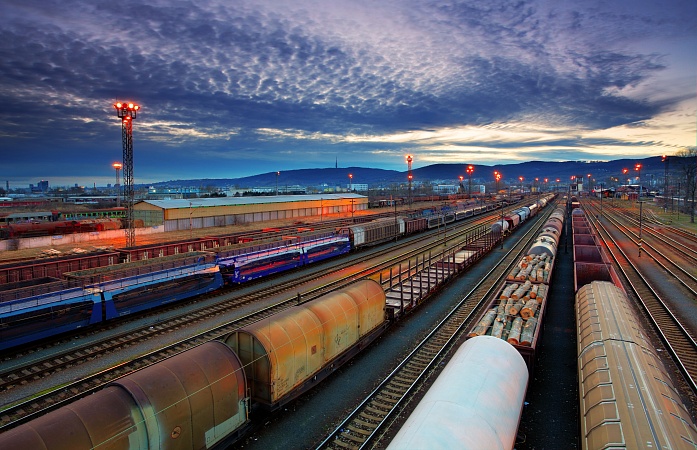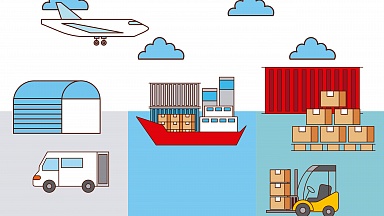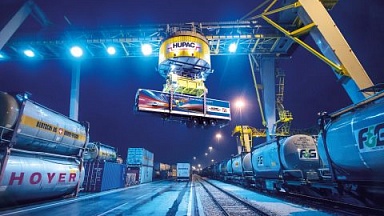The industry body also underlined that government financial packages are failing the sector which will «collapse» without targeted action.
The IRU said that its research assessed insolvency indicators including fixed asset turnover, forecast cash flow and real revenue turning point.
«Ranked on a risk scale from one to ten, all regions of the world are standing at the highest levels, nine or ten. This points to a looming wave of bankruptcies in road transport, which will have a devastating effect on the global economy and its ability to recover from the pandemic.»
IRU secretary general, Umberto de Pretto, commented: «The vast majority of the over 3.5 million road transport companies that we represent are small and medium sized firms, and they are the glue that holds global supply chains and mobility networks together. Most of them are struggling to pay their bills. This is a huge threat to the global economy.»
IRU said the research also showed that global losses have escalated to US$679 billion for goods transport, and at least US$500 billion for passenger transport.
«The update (on estimates published earlier this year) is particularly disastrous for Europe, where forecast losses for goods transport operators have soared by two thirds since the summer to US$125 billion, and stand at US$94 billion for passenger transport companies. If no immediate action is taken, these losses are expected to spiral further during the second wave of the pandemic.»
Meeting virtually yesterday, the IRU’s General Assembly backed «an urgent call for action to governments worldwide» with help it noted being particularly crucial in three areas: cash grants to address liquidity, insurance premium flexibility, and waiving taxes and charges.
«Without immediate government action, a shocking number of road transport operators will go bankrupt in the coming months, causing irrevocable damage to supply chains and mobility networks, and therefore devastating the global economy,» de Pretto concluded.



